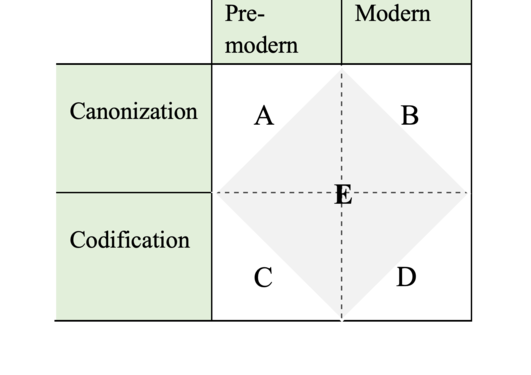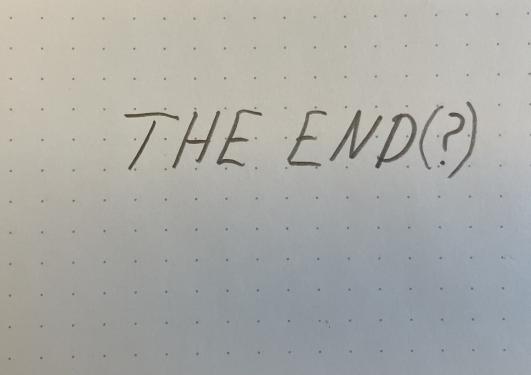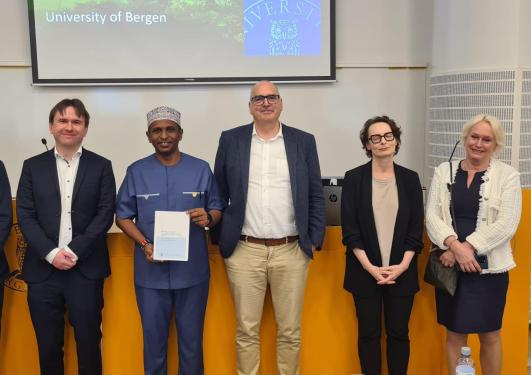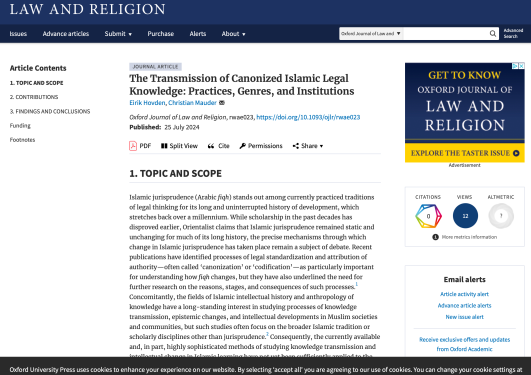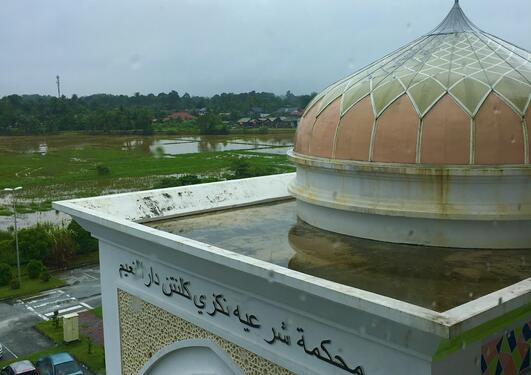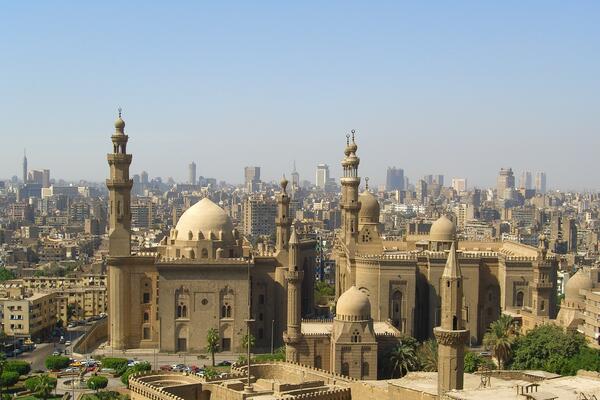
How does Islamic law change?
In the CanCode project we will study processes of change in Islamic legal texts by starting with two terms, or concepts: "Canonization" and "Codification". These terms are used in variours ways by scholars in the field of Islamic legal studies, but both terms draw attention to selection and validation, or authorization, of knowledge, norms and legal rules.
We have four empirical foci:
- Pre-modern and colonial Swahili Coast
- Modern, contemporary Scandinavia
- Pre-modern Zaydi Yemen
- Modern Egypt and Israel
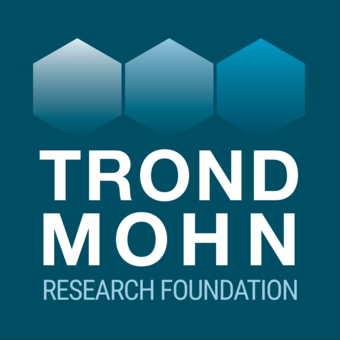
The project is a so-called TMS starting grant co-financed by Trond Mohn Research Foundation and the University of Bergen for 2020-2024. The project is a cooperation between the Department of Foreign Languages and the Department of Archaeology, History, Cultural Studies and Religion, at the Faculty of Humanities.
